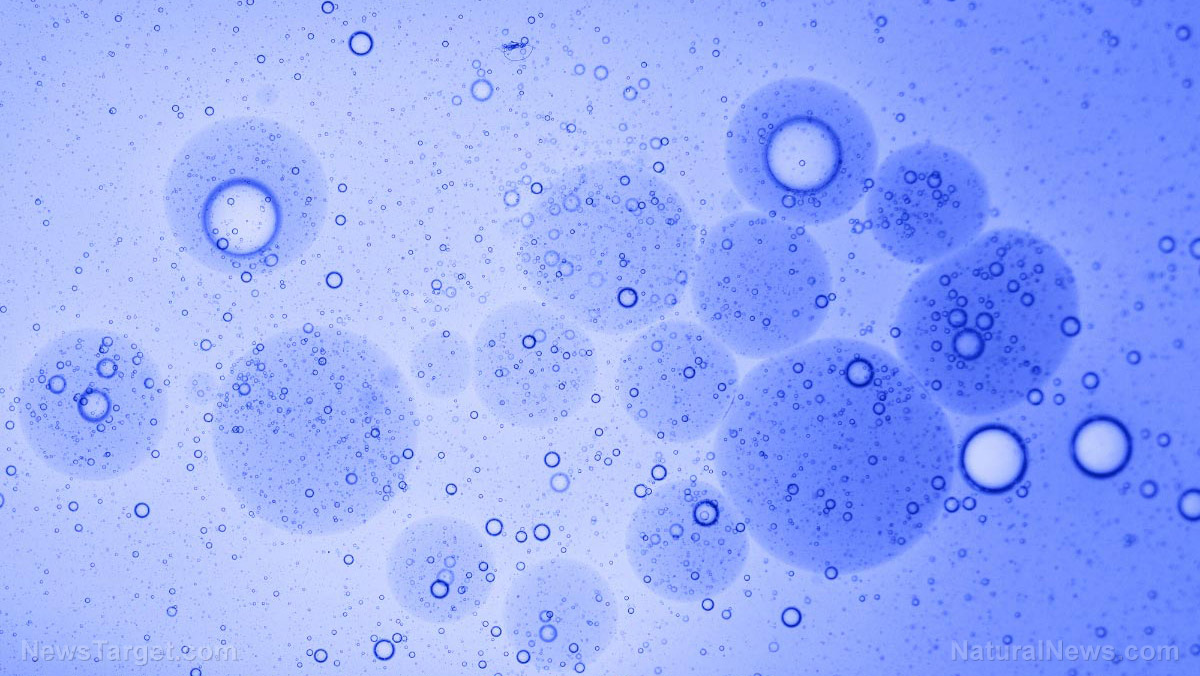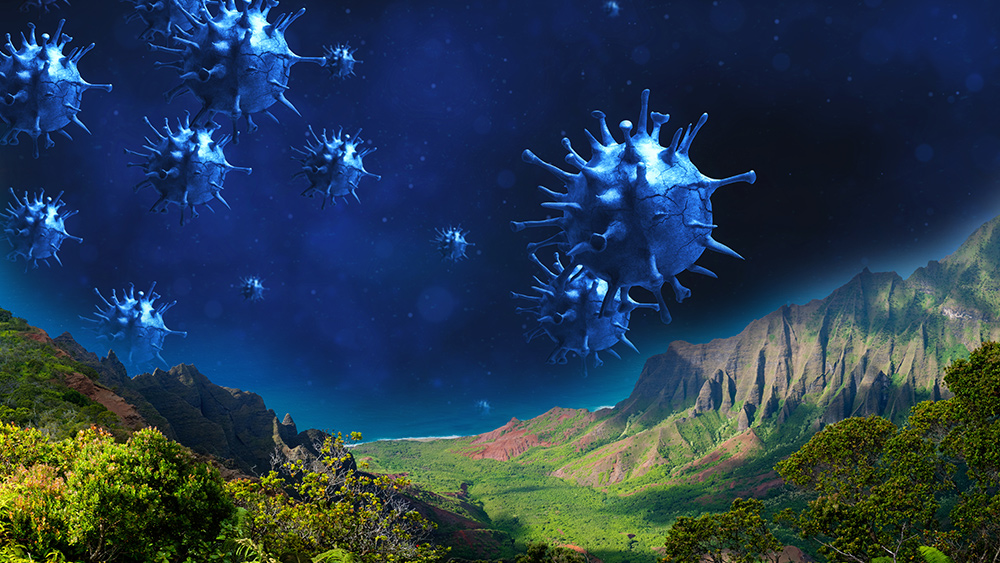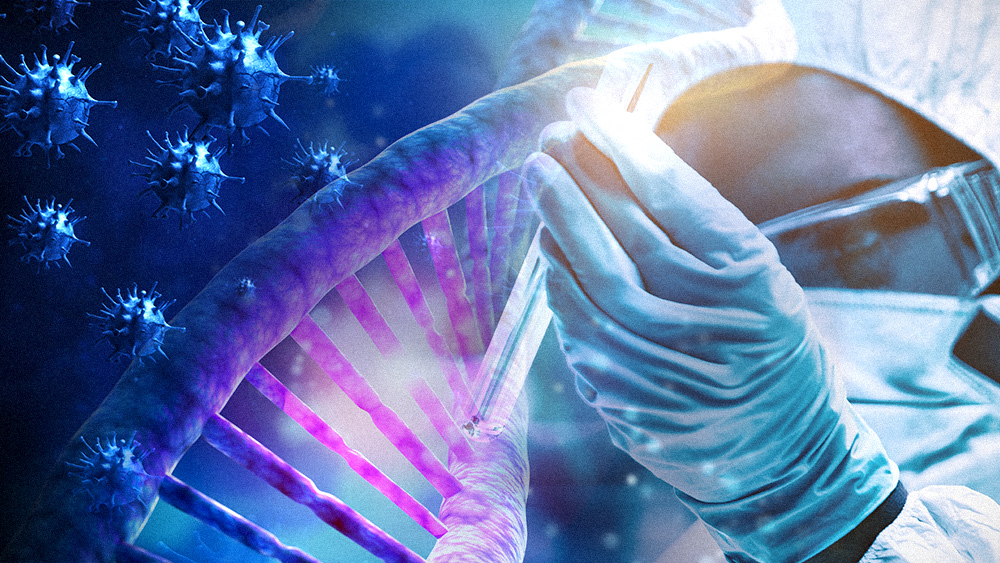Researchers discover gut bacteria that can render some drugs ineffective
02/24/2020 / By Michael Alexander

If you’ve ever wondered why your body reacts differently despite being given the same medication as other people, the bacteria living in your gut may be to blame.
In a study published in the journal Nature, researchers from Yale University found that gut microbiome – the colony of microorganisms that live inside the human gastrointestinal tract – can metabolize over 150 different types of drugs.
This finding highlights the role that bacteria may play in determining how well certain individuals respond to certain medications.
In order to test and map out any possible connections between the gut microbiome and pharmaceuticals, the researchers first assessed how 76 common strains of human gut bacteria metabolized and altered 271 pharmaceuticals – each one specifically selected in order to showcase a wide variety of drug types, as well as mechanisms of action and chemical properties. The researchers also used gnotobiotic mice in order to further investigate possible bacteria-drug interactions.
The researchers found that 176 out of the 271 drugs or 64.9 percent of the total number of drugs used could be metabolized by gut bacteria, thereby significantly reducing their concentration. The study’s results also showed that each bacterial strain could metabolize up to 95 different drug types each – a “strikingly high” proportion, according to researcher Michael Zimmermann, a post-doctoral fellow at Yale University School of Medicine.
The results of the study, the researchers said, can provide a means to mechanistically connect microbiome information to interpersonal variation in drug metabolism and toxicity.
“It is possible that we can use genes or species of bacteria to predict the capacity of an individual’s gut flora to metabolize a certain drug,” said Maria Zimmermann-Kogadeeva, a post-doctoral fellow at the Yale University School of Medicine, and co-lead author of the study.
Prior to this discovery, the process of drug metabolism was once thought to be a role exclusive to organs such as the liver, which produces the necessary enzymes needed to facilitate the process of changing the drugs’ chemical compounds into easily excreted substances. According to medical experts, this process is important, especially since while drugs do need to stay in the body long enough to have an effect, they must not stay too long that they end up accumulating in the system and becoming toxic.
According to Zimmermann, who is also a fellow in the Goodman lab and co-lead author of the study, the research team hopes that the results of their research will contribute to understanding the microbiome’s contribution to drug metabolism.
“We hope this study provides a useful first step in understanding the microbiome contribution to drug metabolism. We think these approaches could shed light on how the gut microbiome also modulates our response to non-drug compounds, such as dietary nutrients and environmental agents,” Zimmermann said.
Aside from this discovery, the researchers have also successfully constructed genetic libraries of the selected gut bacteria. A modern bestiary of sorts, this databank allowed the researchers to effectively pinpoint the microbial genes and enzymes responsible for many of these drug-metabolizing activities.
This specific discovery builds on lapses from earlier studies, which, despite showing evidence regarding microbial influence on medication, were not able to explain their specific molecular mechanisms, the researchers said.
The work was supported by the National Institutes of Health.
Sources include:
Tagged Under: discoveries, gut bacteria, gut microbiome, medication, microbiome, pharmaceuticals, Prescription drugs, research



















